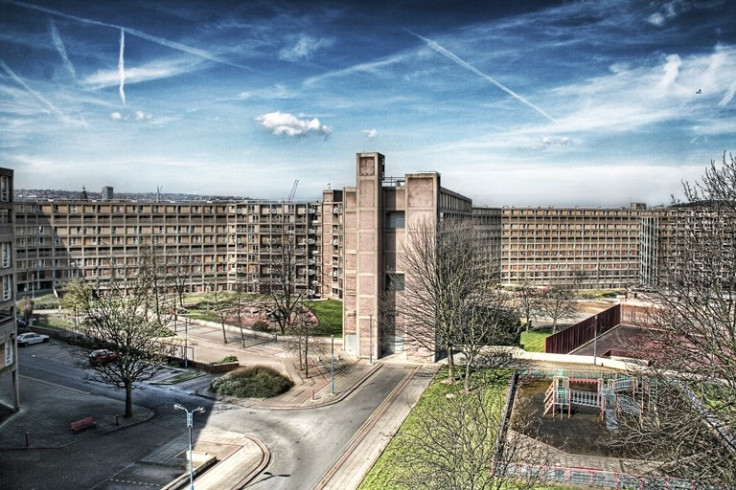Most UK People Living in Poverty Are Working - Report

A shocking survey commissioned and published by the charitable Joseph Rowntree Foundation (JRF) and written by the New Policy Institute (NPI) lays bare the plight of millions of UK citizens facing economic hardship despite claims by Chancellor George Osborne that Britain has "turned the corner".
Perhaps most damning of all for the coalition, the survey has found that a greater number of families living in poverty are employed than similar families who are on benefits. A total of 6.7 million "working families" are below the poverty line, compared with 6.3 million retired and unemployed. The "poverty line" is set at 60% of the median (mid-point) income.
The so-called "bedroom tax" is thought to have played a significant factor in the figures. Many people in low-paid employment receive some housing and council tax benefit and this has been slashed for families deemed to be "under-occupying" their home.
Osborne and his partners in the coalition have frequently spoken of the need to improve the lives of "hard working families". In a Telegraph op-ed co-written by Osborne and Work and Pensions Secretary Ian Duncan Smith the politicians claimed to be making things easier for people to come off benefits and into work:
"Too often under the last government those who worked hard and did the right thing were punished - while those who did the wrong thing were rewarded. Instead, in the coming days, we're doing three big things to back working families."
Yet according to the report: "Around 6.7m people, over half of all those in poverty, live in a family with at least one adult who is working - an increase of 500,000 on last year."
Julia Unwin, chief executive of the JRF, said: "Hard work is not working. We have a labour market that lacks pay and protection, with jobs offering precious little security and paltry wages that are insufficient to make ends meet."
The news isn't all bad for the coalition. The report also claims there are fewer children or pensioners in poverty than at any time in a generation. Child poverty is at 27%, its lowest level for 25 years, and the proportion of pensioners in poverty has dropped from over 40% in the 1980s to 14% today.
© Copyright IBTimes 2025. All rights reserved.




















